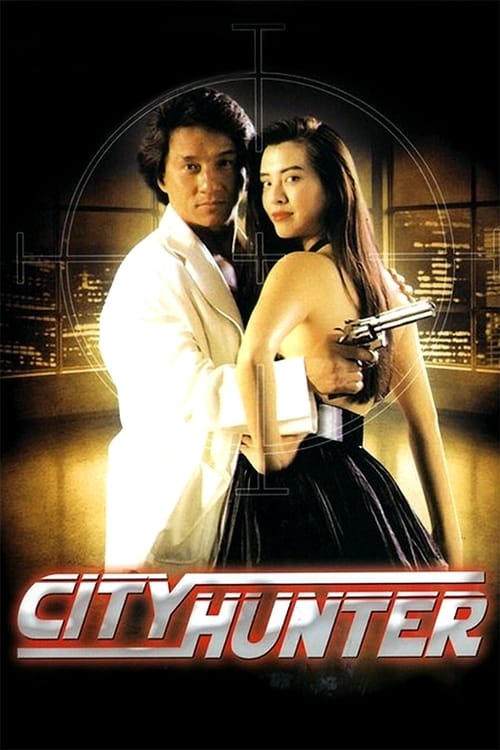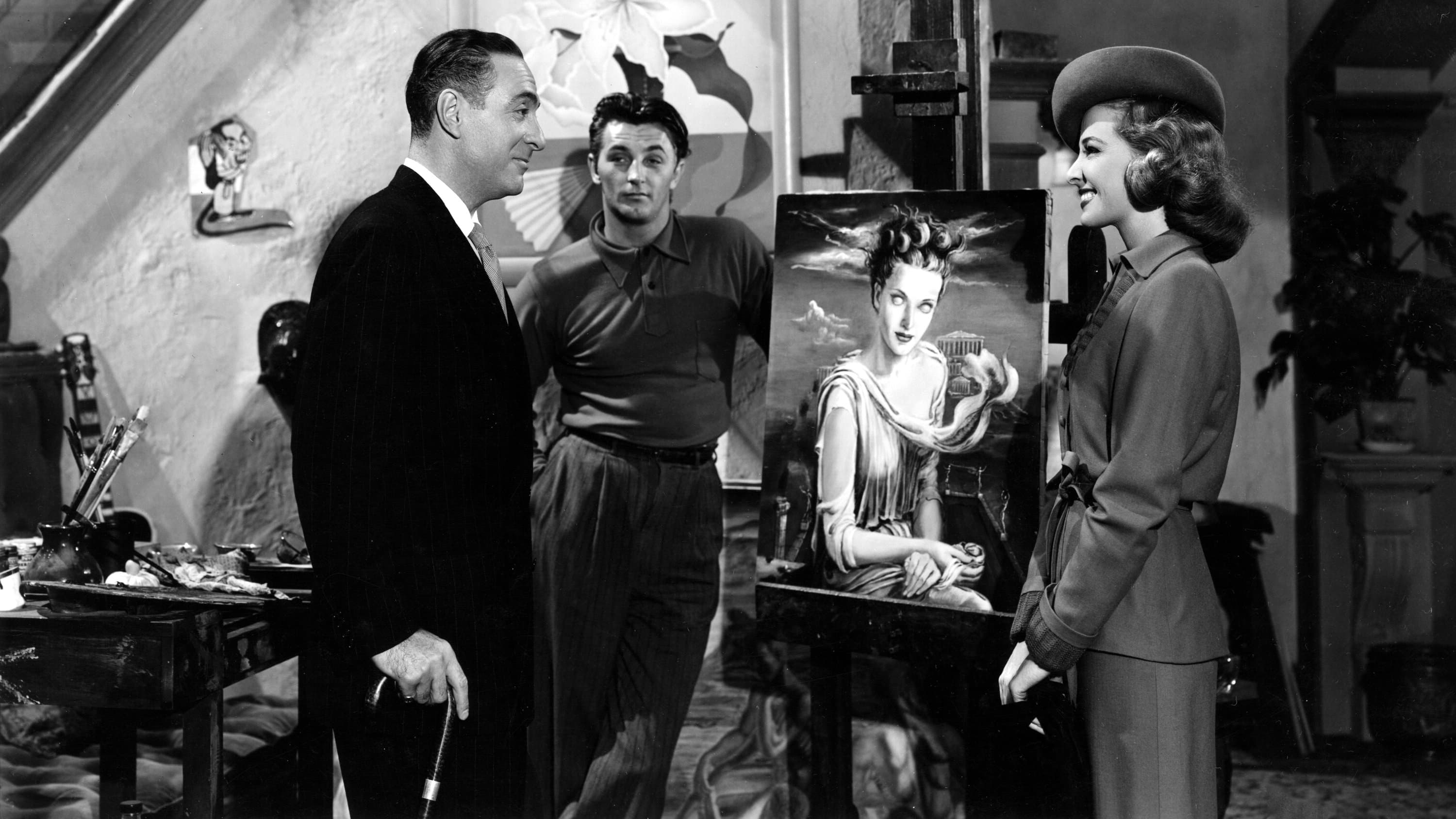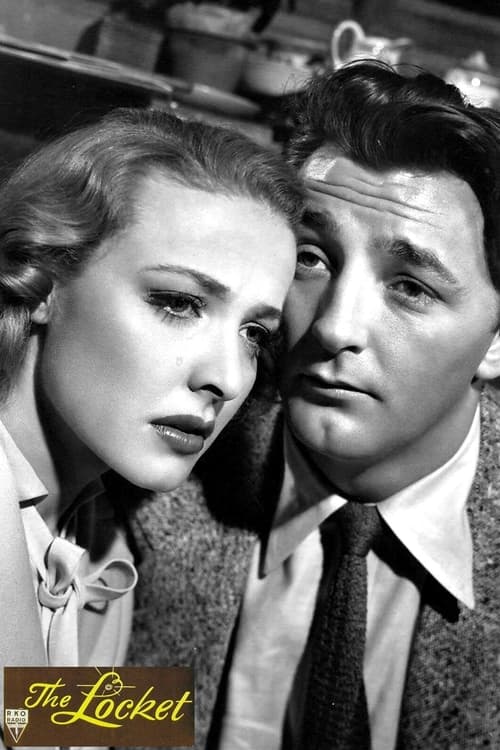Summary
A dark personal secret drives a young woman to use every man she encounters.
Cast
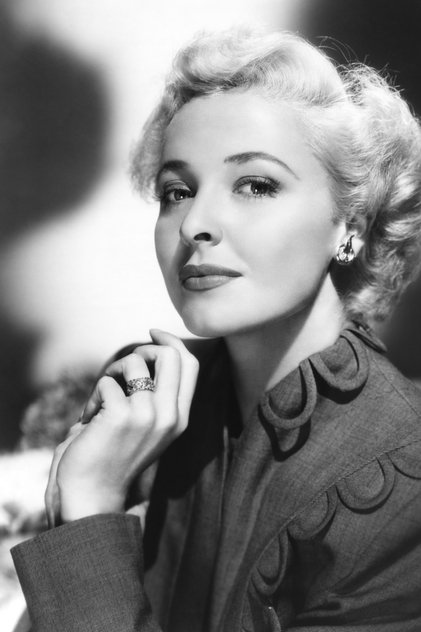
Laraine Day
Nancy
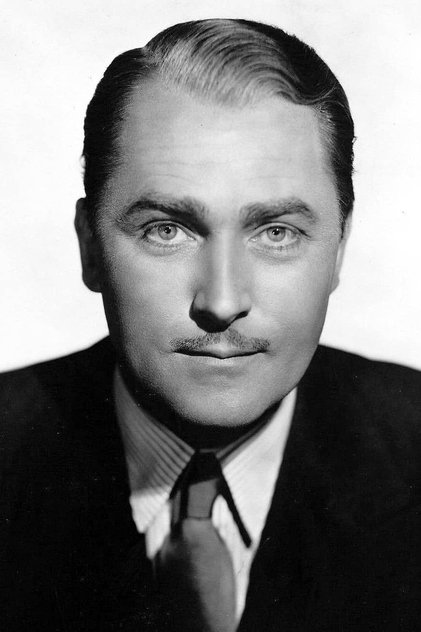
Brian Aherne
Dr. Harry Blair
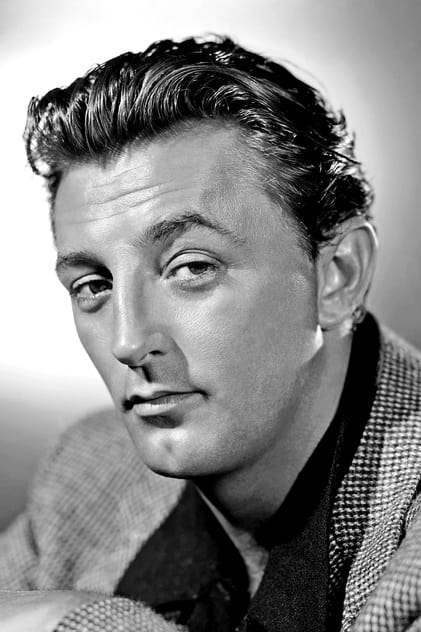
Robert Mitchum
Norman Clyde
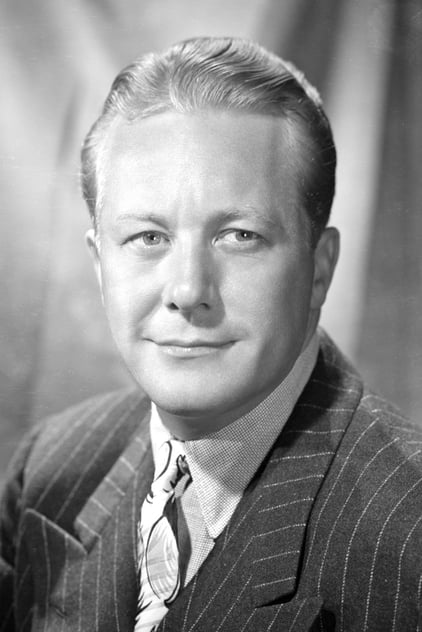
Gene Raymond
John Willis
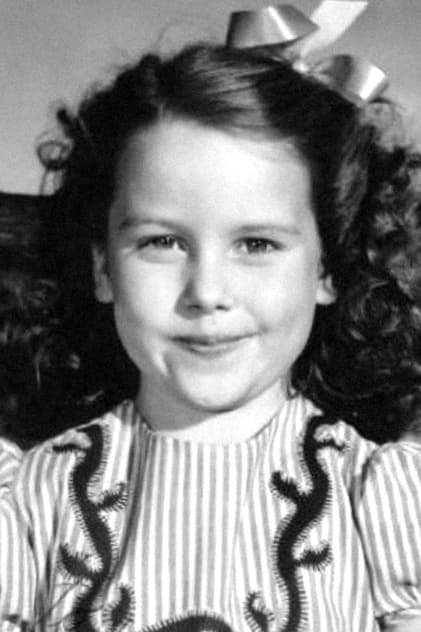
Sharyn Moffett
Nancy - Age 10
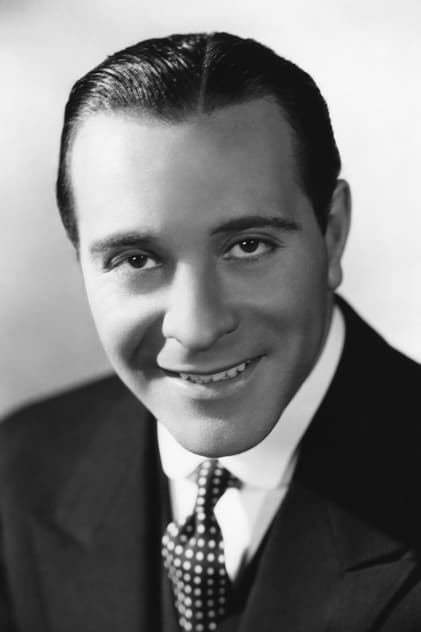
Ricardo Cortez
Drew Bonner
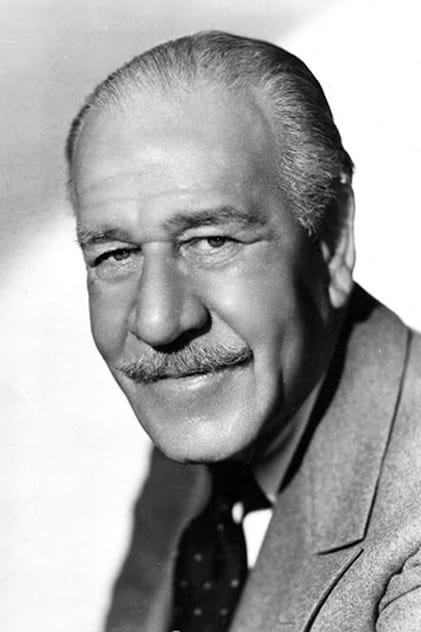
Henry Stephenson
Lord Wyndham
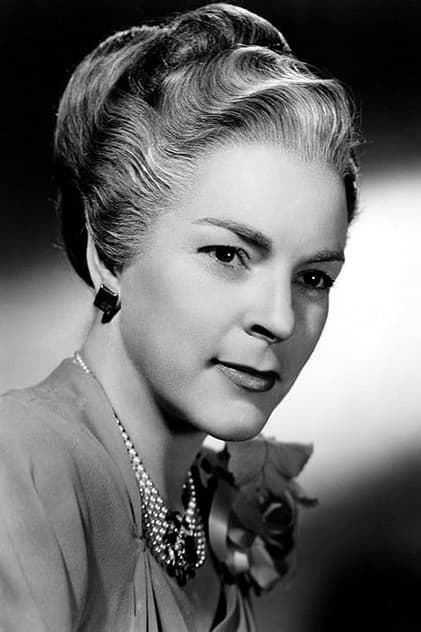
Katherine Emery
Mrs. Willis
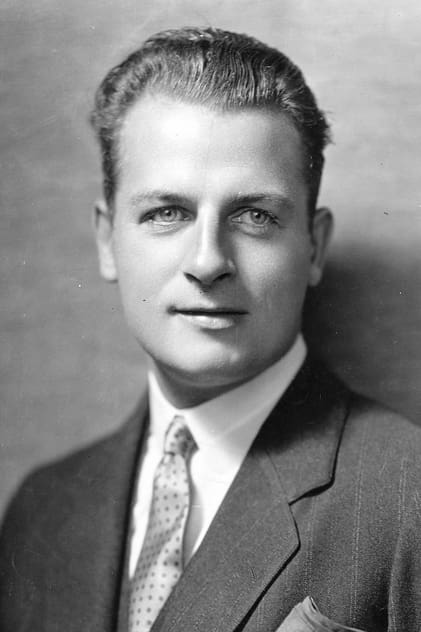
Reginald Denny
Mr. Wendell
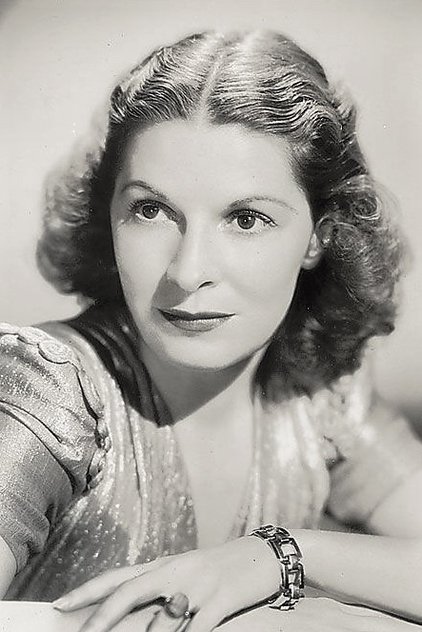
Fay Helm
Mrs. Bonner
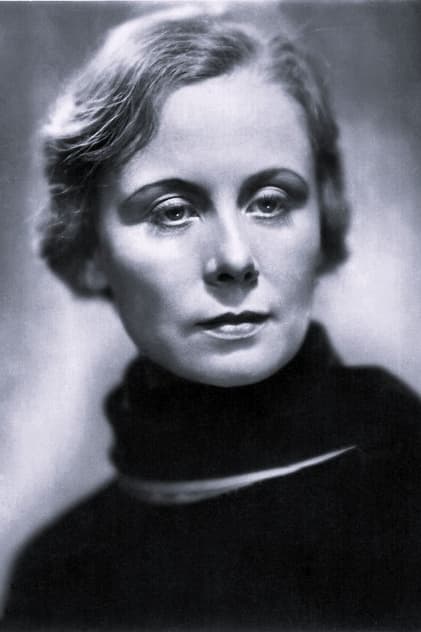
Helene Thimig
Mrs. Monks
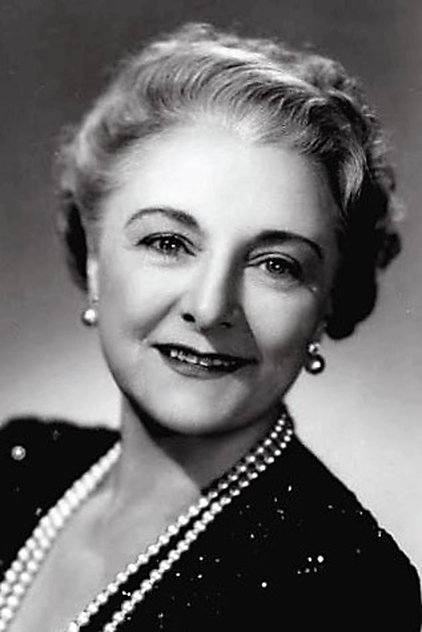
Nella Walker
Mrs. Wendell
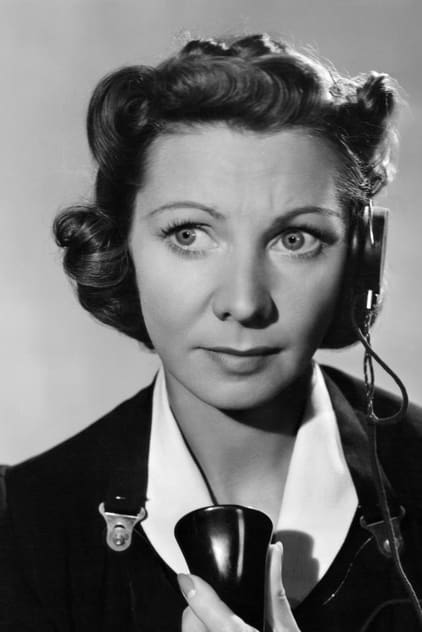
Queenie Leonard
Woman Singer
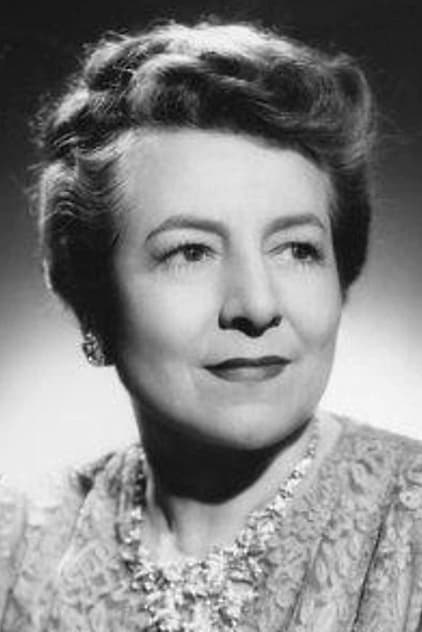
Lilian Fontaine
Lady Wyndham
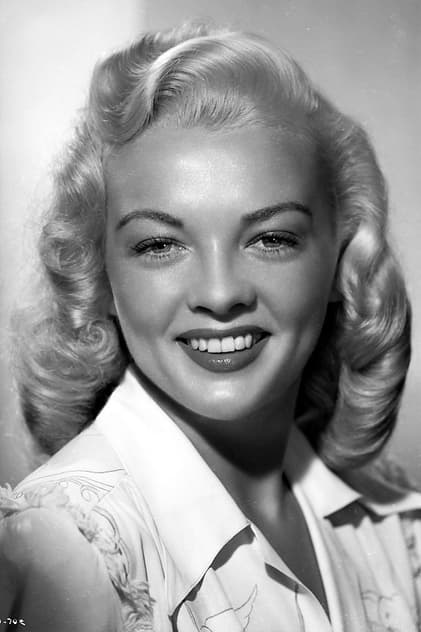
Myrna Dell
Thelma
Johnny Clark
Donald
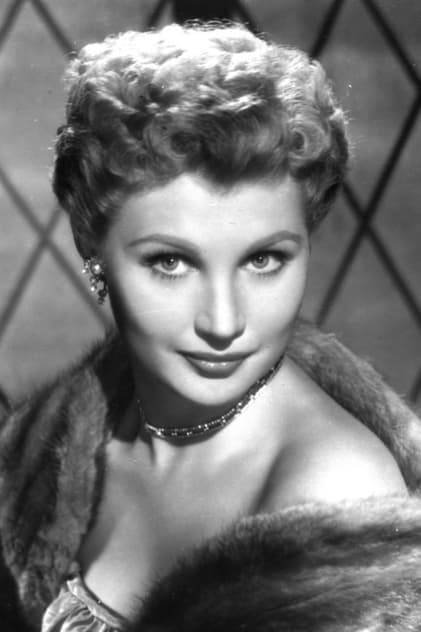
Mari Aldon
Mary (uncredited)
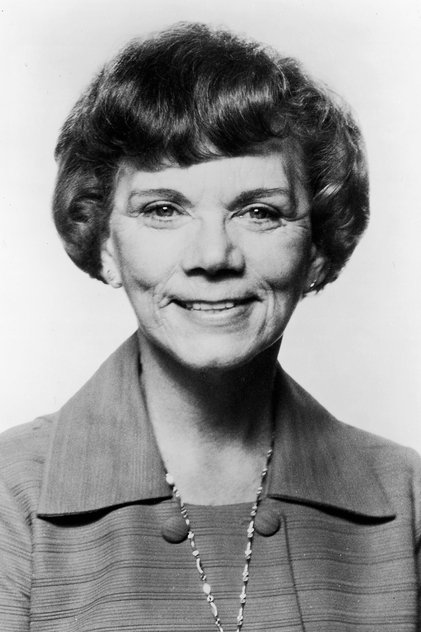
Ellen Corby
Ginny (uncredited)
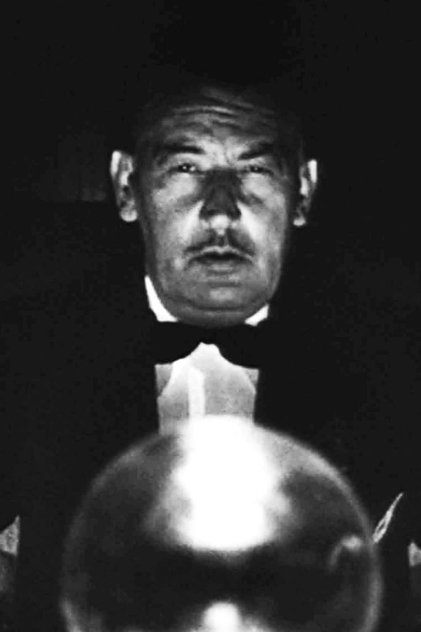
Dick Gordon
Party Guest (uncredited)
Stuart Hall
Party Guest (uncredited)
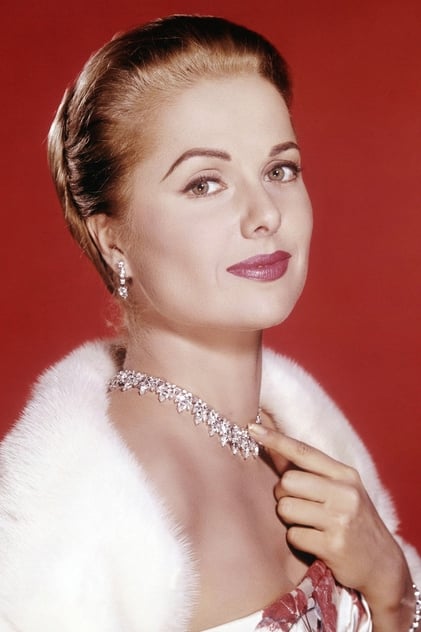
Martha Hyer
Bridesmaid (uncredited)
Polly Bailey
The Cook (uncredited)
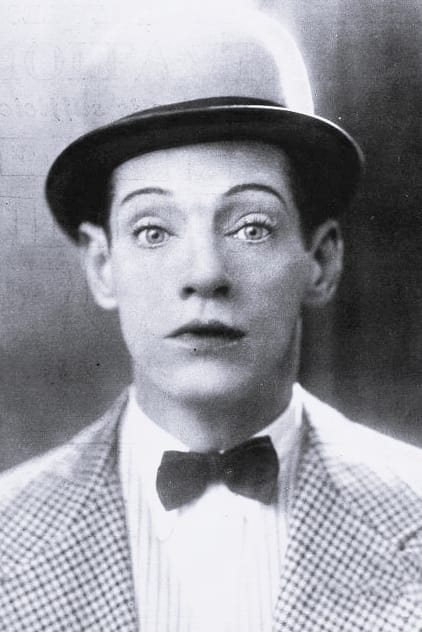
Eddie Borden
Man (uncredited)
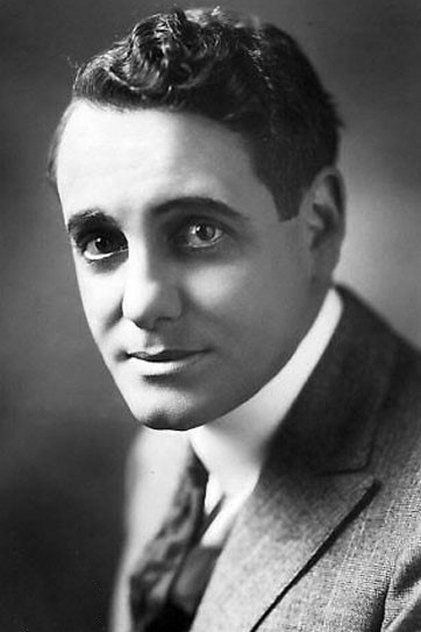
Tom Chatterton
Art Critic (uncredited)
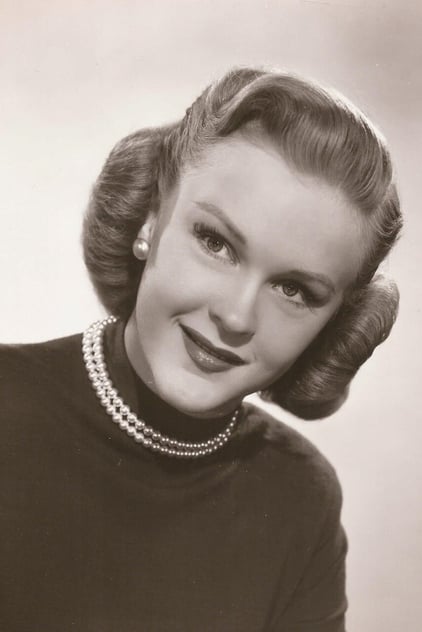
Kay Christopher
Bridesmaid (uncredited)
Tom Coleman
Police Stenotypist (uncredited)
James Conaty
Party Guest (uncredited)
Dorothy Curtis
Maid (uncredited)
Neal Dodd
Minister (uncredited)
Carol Donell
Bridesmaid (uncredited)
Gloria Donovan
Karen (uncredited)
Ben Erway
Willis Butler (uncredited)
Tom Ferrandini
Wedding Guest (uncredited)
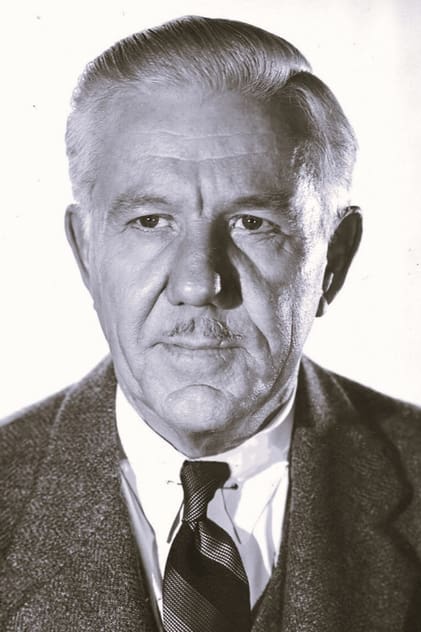
Sam Flint
District Attorney (uncredited)
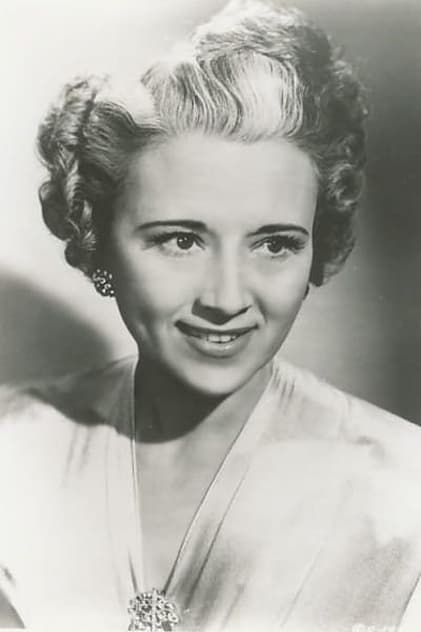
Bess Flowers
Wedding Guest (uncredited)
Charles Flynn
Photographer (uncredited)
Jacqueline Frost
Girl (uncredited)
Sam Harris
Party Guest at Bonner's (uncredited)
Keith Hitchcock
Orville (uncredited)
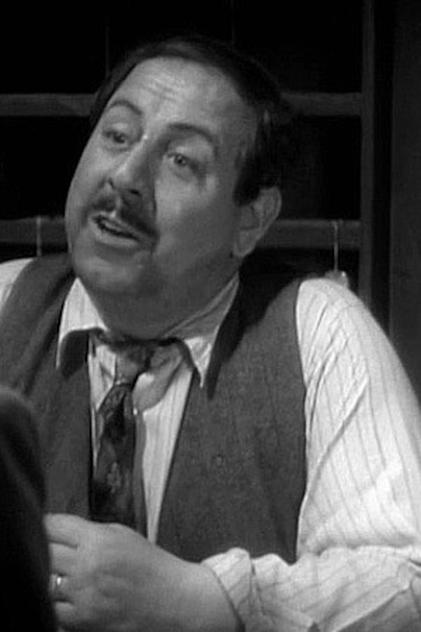
George Humbert
Luigi (uncredited)
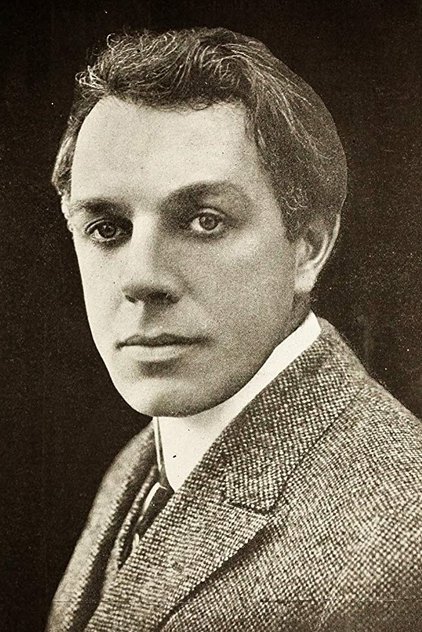
Jack W. Johnston
Man (uncredited)
Virginia Keiley
Ambulance Driver (uncredited)
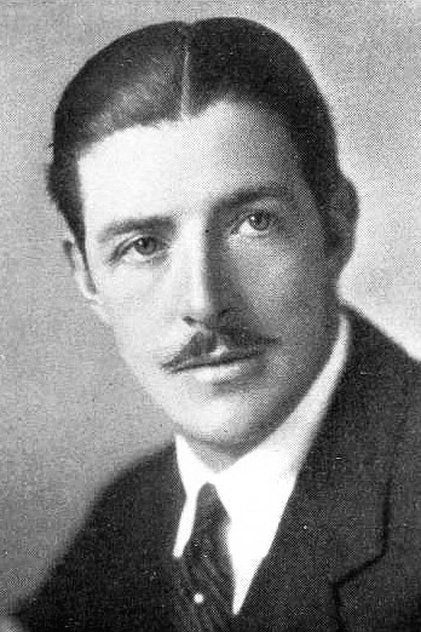
Colin Kenny
Wyndhams' Chauffeur (uncredited)
Connie Leon
Tina (uncredited)
Max Linder
Party Guest (uncredited)
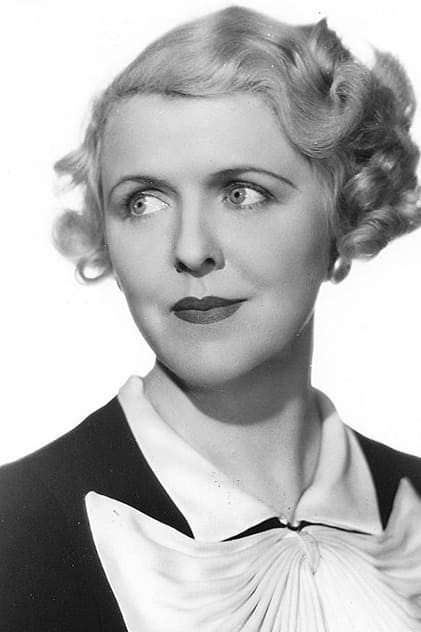
Leota Lorraine
Wedding Guest (uncredited)
Robert Locke Lorraine
Party Guest (uncredited)
Pat Malone
London Bobby (uncredited)
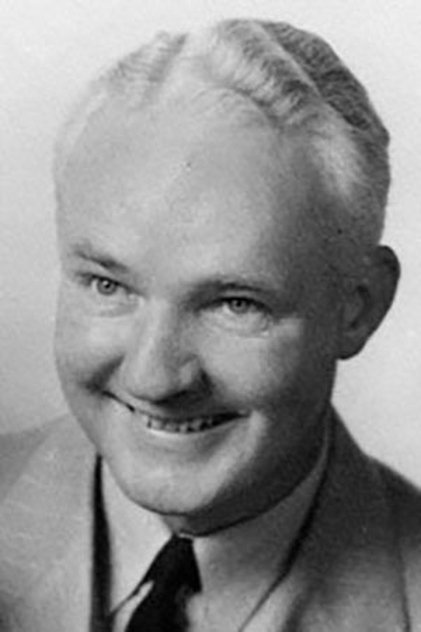
Frank McLure
Party Guest (uncredited)
Henry Mowbray
Doctor (uncredited)
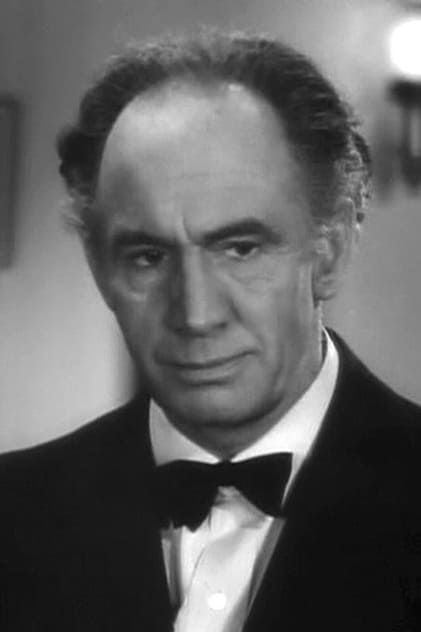
Leonard Mudie
Hickson (uncredited)
William J. O'Brien
Waiter at Bonner's Party (uncredited)
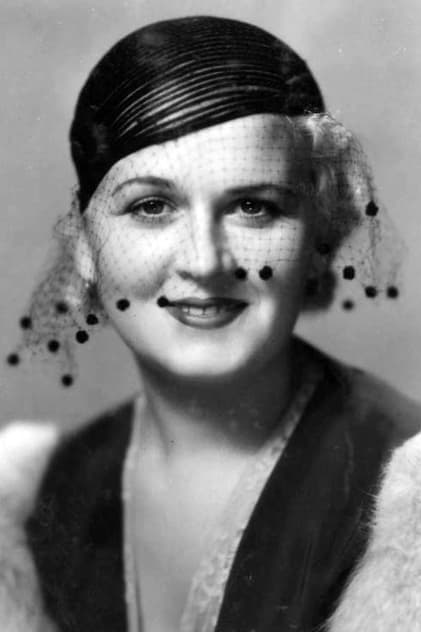
Vivien Oakland
Mrs. Donovan (uncredited)
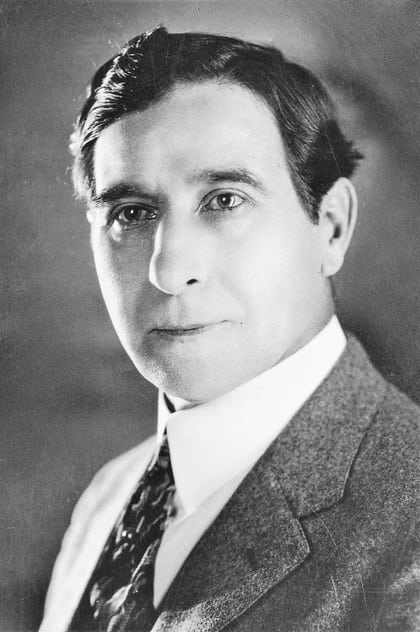
Paul Panzer
Waiter at Luigi's (uncredited)
Jean Ransome
Kitchen Girl (uncredited)
Joey Ray
Photographer (uncredited)
Clark Ross
Wedding Guest (uncredited)
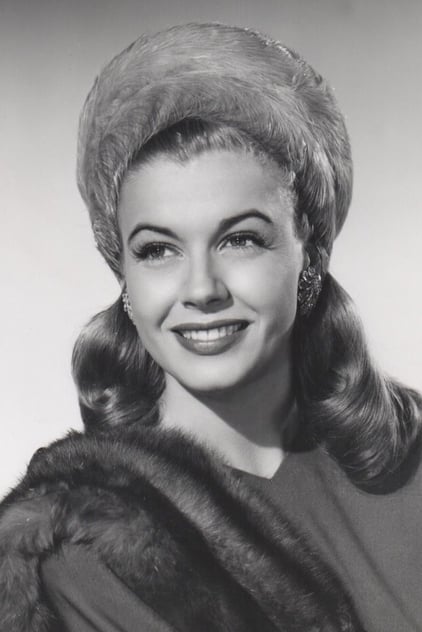
Nancy Saunders
Miss Wyatt (uncredited)
Allen Schute
Man (uncredited)
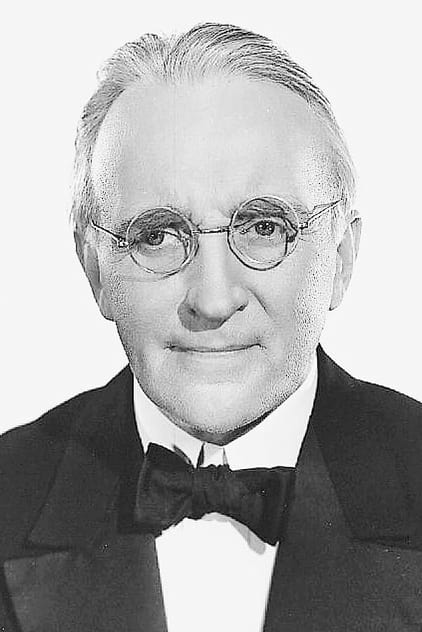
Wyndham Standing
Butler (uncredited)
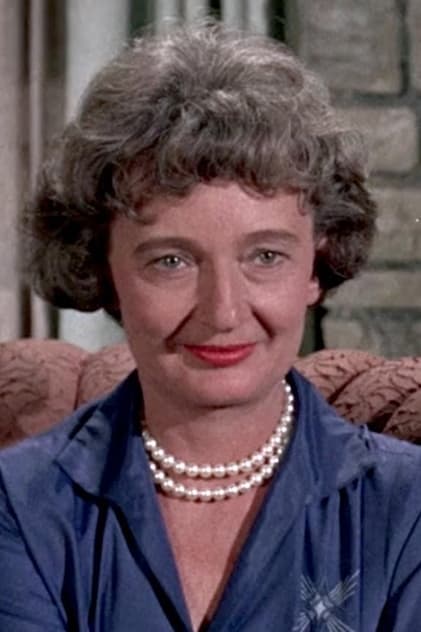
Amzie Strickland
Wedding Guest (uncredited)
Bob Templeton
Photographer (uncredited)
Nick Thompson
Waiter (uncredited)
David Thursby
Myron Dexter (uncredited)
Trina Varella
Luigi's Wife (uncredited)
Cecil Weston
Nurse (uncredited)
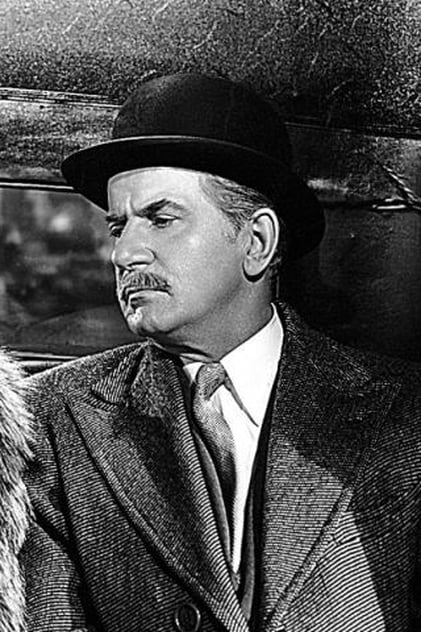
Frederick Worlock
Doctor (uncredited)
Crew
Director
John Brahm
Writer
Sheridan Gibney
Writer
Norma Barzman
Reviews
felixxx999
May 27, 2016
7
John Brahm’s The Locket (1946), or “What Nancy Wanted”
Written by Wheeler Winston Dixon
There are certainly any number of labyrinthianly complicated noirs, but nothing can quite prepare the viewer for the experience of watching John Brahm’s The Locket (1946), famous for its “flashback within a flashback within a flashback” structure, perhaps the most convoluted narrative in the history of noir. The plot itself is relatively simple: Nancy (Laraine Day) is a kleptomaniac, driven to steal anything that strikes her fancy (the original title of the film was “What Nancy Wanted”). Nancy’s compulsion springs from a childhood incident, in which she was given a locket as birthday gift, which was then taken away from her by the cruel Mrs. Willis (Katherine Emery), her mother’s employer. When the locket goes missing, Nancy is suspected of having stolen it to recover the trinket for herself. Although it is later discovered that the locket simply fell in the hem of a garment, Nancy is never truly exonerated. Now, twenty years later, Nancy is poised to marry John Willis (Gene Raymond), and thus regain admission to the household she was banished from as a child; Mrs. Willis does not recognize Nancy, having only known her as a child (played by Sharyn Moffet).
But within this seemingly straightforward narrative, there are numerous obstacles. The film itself begins on the day of Nancy’s wedding to John Willis. Just as the ceremony is about to begin, psychiatrist Dr. Harry Blair (Brian Aherne) breaks in demanding to see John. Dr. Blair, it turns out, was one of Nancy’s former husbands; Blair knows that Nancy is insane, and pleads with Willis not to marry her. As Blair recounts the tale of his marriage with Nancy in a flashback voiceover, he unfolds the tale of another of Nancy’s husbands, the late Norman Clyde (Robert Mitchum), a moody artist who ultimately committed suicide because of Nancy’s compulsive thefts, and her participation in a murder. All this unfolds in reverse, back to Nancy’s childhood and the incident with the locket, and then reverses to end in the present, where the still doubting John Willis, having heard Mr. Blair’s tale, confronts Nancy, who predictably denies everything.
Only Nancy’s collapse at the altar, brought on by Mrs. Willis’s “re-gift” of the locket Nancy briefly had as a child, saves John Willis from a similar marital fate. As The Locket ends, Nancy is taken off to an asylum ostensibly for a cure, but the camera remains within the gloomy precincts of the Willis family’s gloomy Fifth Avenue mansion. What has transpired has left a mark not only on Nancy, but all who knew her, and even Dr. Blair’s supposed skill as a psychiatrist is useful only after the fact. For most of the film, Nancy’s mania eludes detection, and everyone who discovers her secret is summarily destroyed. Thus, all surfaces are suspect, all appearances deceiving, and nothing is to be taken at face value, especially protestations of innocence.
Director John Brahm keeps a firm hand on the proceedings, and effectively stages The Locket so that most of it happens at night, on claustrophobic studio sets. Mitchum, a rising star at the time, is oddly convincing as Norman Clyde, a Bohemian artist with attitude to spare, and Nicholas Musuraca’s moody lighting leaves the characters, and the viewer, in a state of continual confusion and suspense. Most intriguing, of course, is the triple-flashback structure of the film, which brings into question the reliability of the film’s narrative. When Dr. Blair bursts in on John Willis and begins his recital of Nancy’s crimes, Blair’s flashback contains Norman Clyde’s reminiscences, which in turn contain Nancy’s own memories of her childhood, as told to Norman, containing the incident of the locket.
Thus, we have only Nancy’s word, through Norman, and then through Dr. Blair, that any of this is really true, and yet we unquestionably believe in the veracity of all three statements. Why? The entire story is so fantastic that one can understand John Willis’s lack of trust in Blair’s accusations; Nancy seems like a “nice girl.” The failed wedding that climaxes the film is proof enough of Nancy’s affliction, but are all the details of her illness quite correct? For this, we have only the word of three narratives that enfold each other like miniature Chinese boxes, refusing to give up their secrets, opening only when the proper pressure is applied to the correct location.
The world of The Locket is one of absolute doom and betrayal. The relationship you thought would last forever is doomed. Your friends don’t believe you. The police don’t believe you. You can’t even trust yourself; indeed, you are your own worst enemy. Powerless before the forces of fate, which have once again capriciously decided to deal you a new, much more unpleasant future from the bottom of the deck, you simply have to take it on the chin and hope for the best. The world of The Locket is the domestic sphere in peril, in collapse, existing outside the normative values of postwar society, values that are themselves constantly in a state of flux. The family unit is constantly celebrated in the dominant media as the ideal state of social existence, but is it, when so much is at risk, and so much is unexplained? For Nancy in The Locket, the answer is a resounding no. http://www.noiroftheweek.com/2009/04/locket-1946.html
Media
Status:
Released
Original Language:
English
Budget:
$0.00
Revenue:
$0.00
Keywords
Recommendations
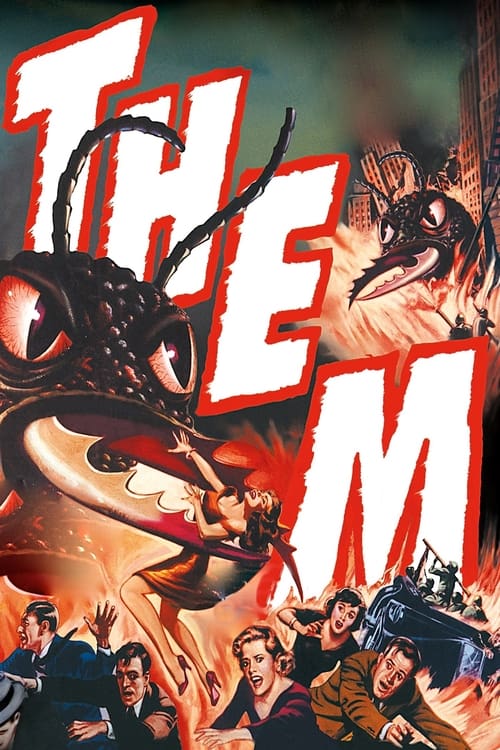
Them!
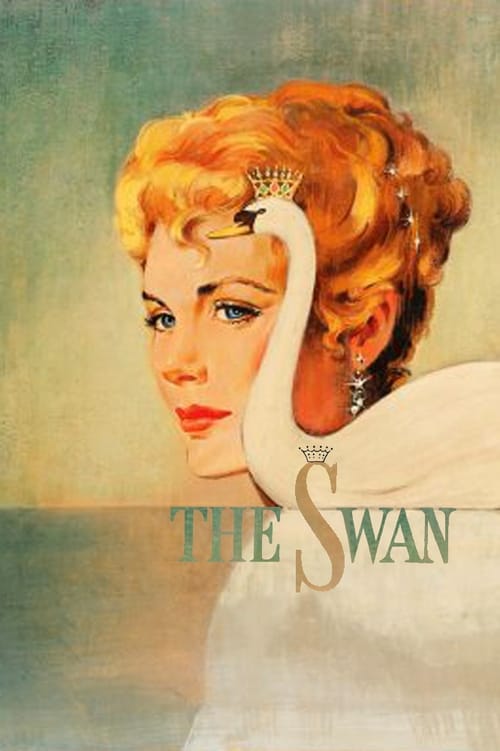
The Swan
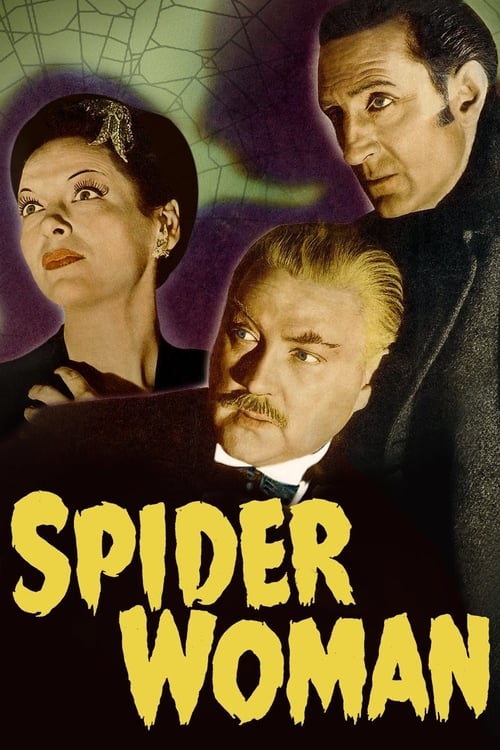
The Spider Woman
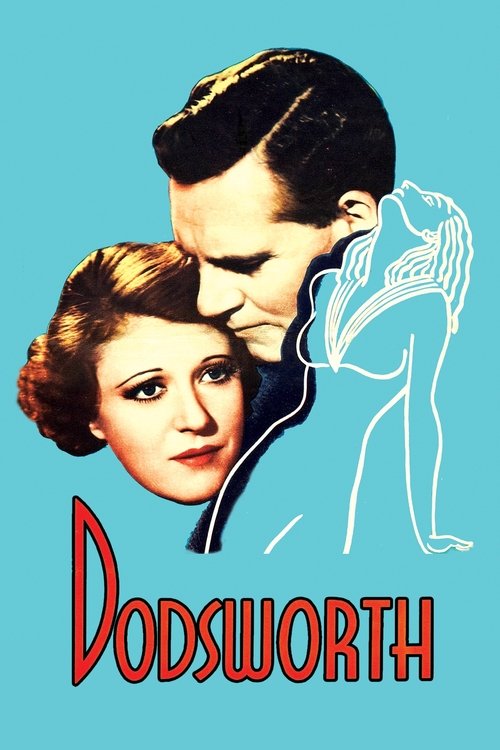
Dodsworth
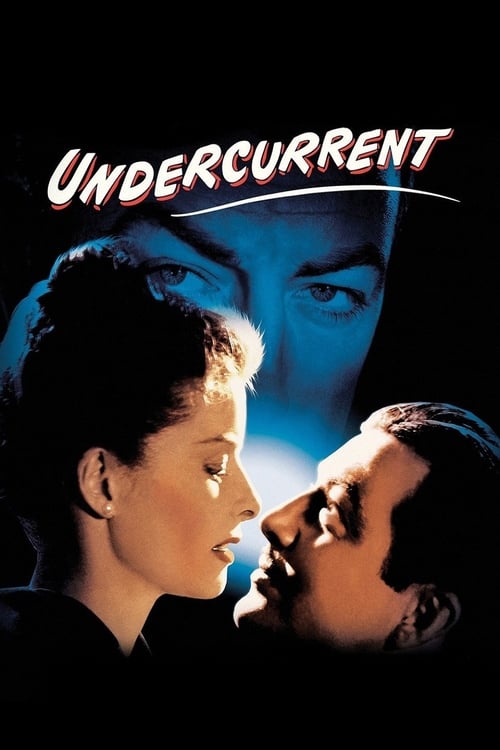
Undercurrent
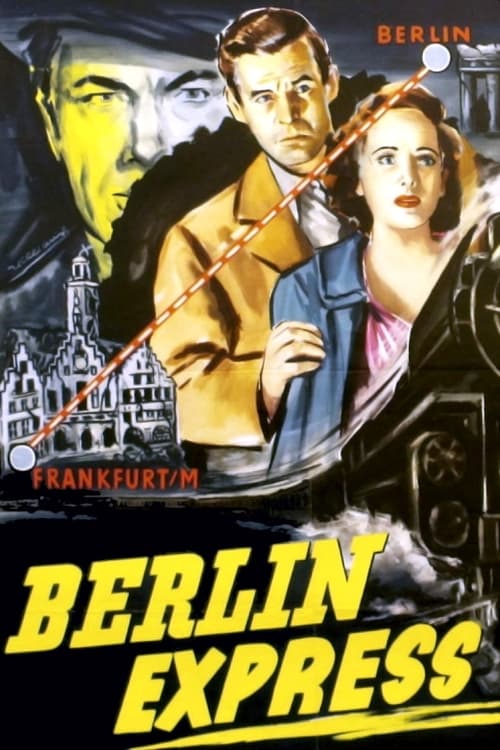
Berlin Express
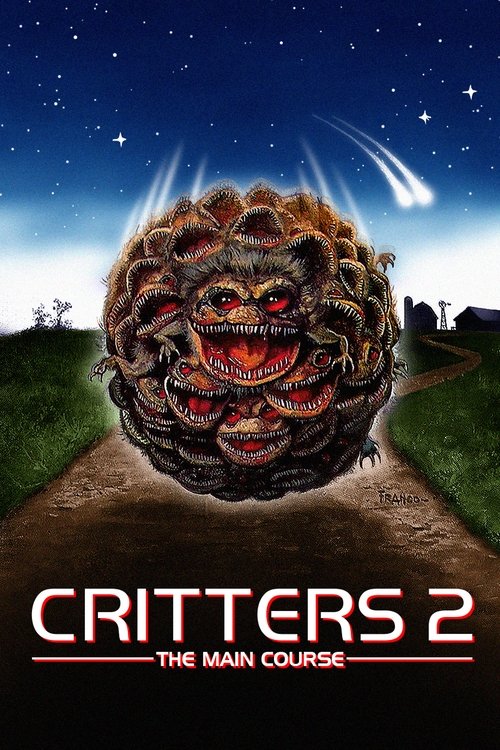
Critters 2

Sleepaway Camp III: Teenage Wasteland
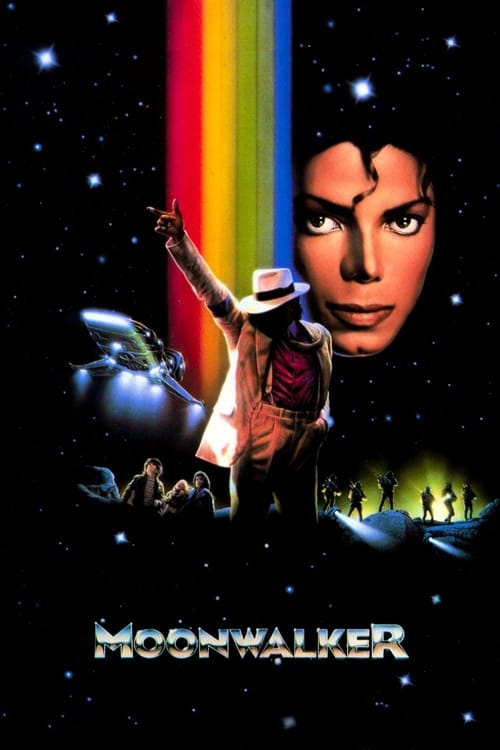
Moonwalker
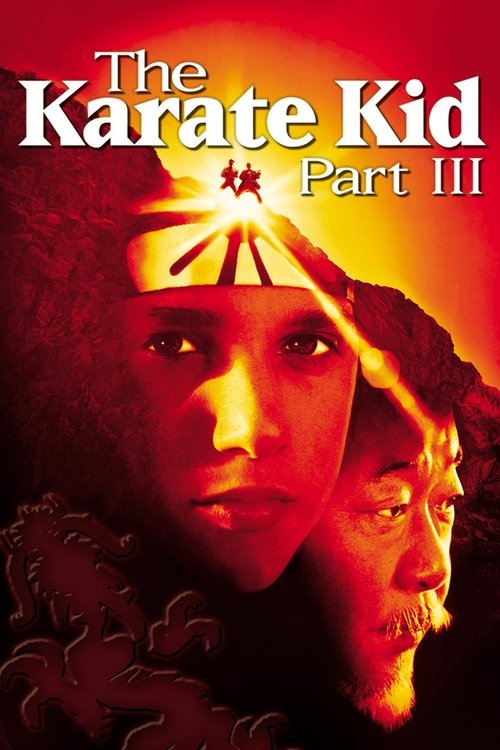
The Karate Kid Part III

The Jerk
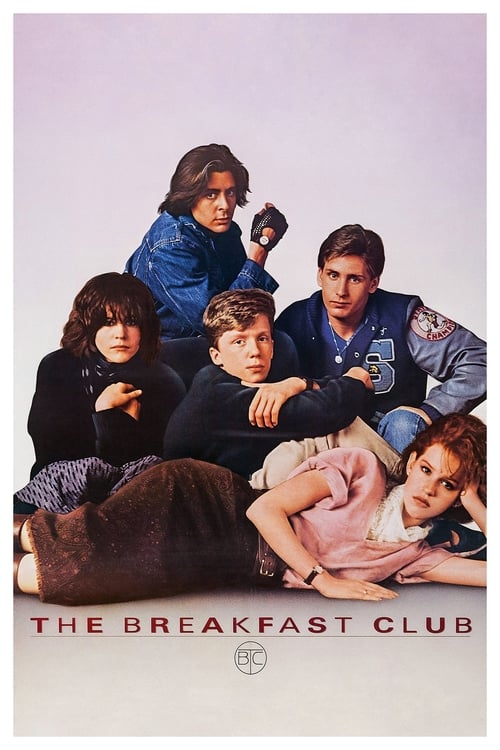
The Breakfast Club

Parasite

My Fake Fiance
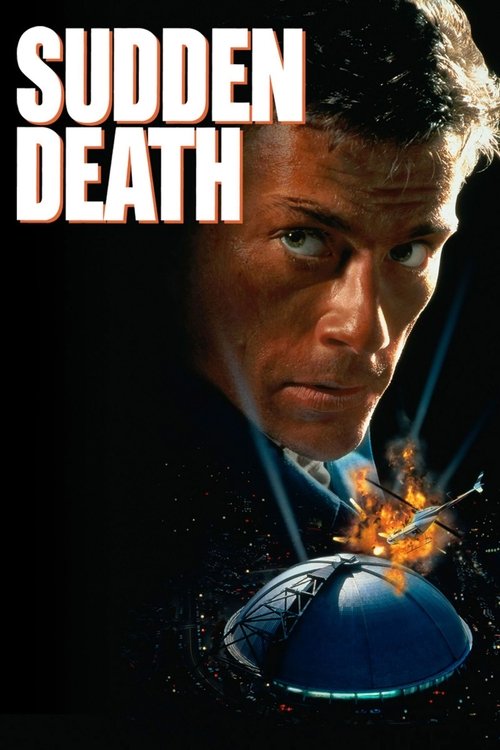
Sudden Death
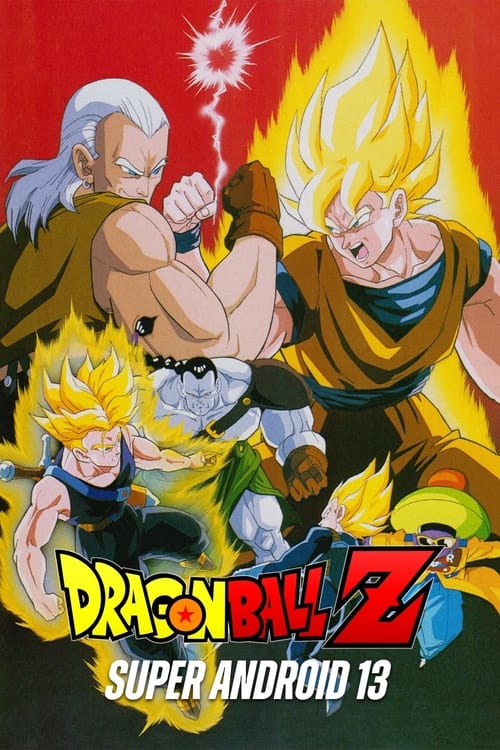
Dragon Ball Z: Super Android 13!
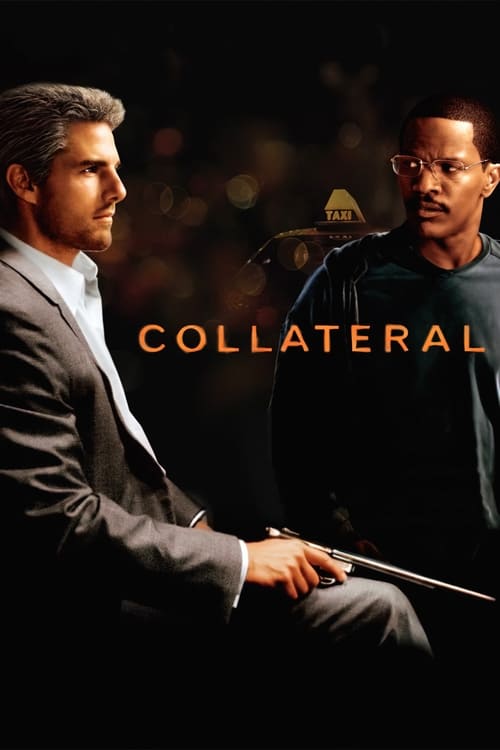
Collateral

The Shawshank Redemption
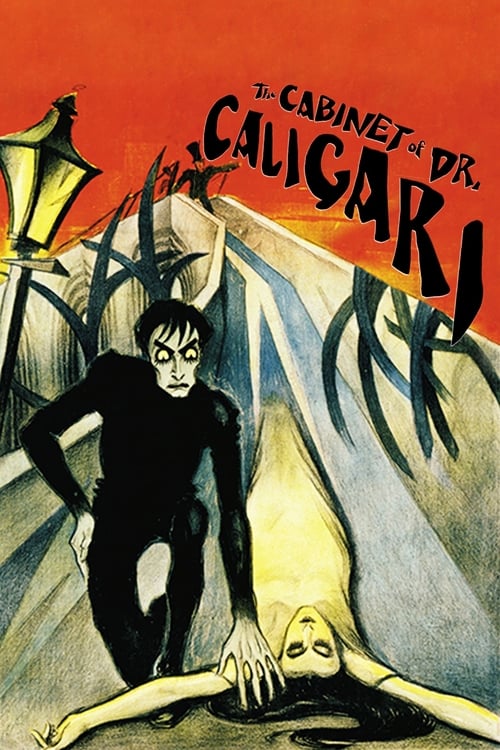
The Cabinet of Dr. Caligari
